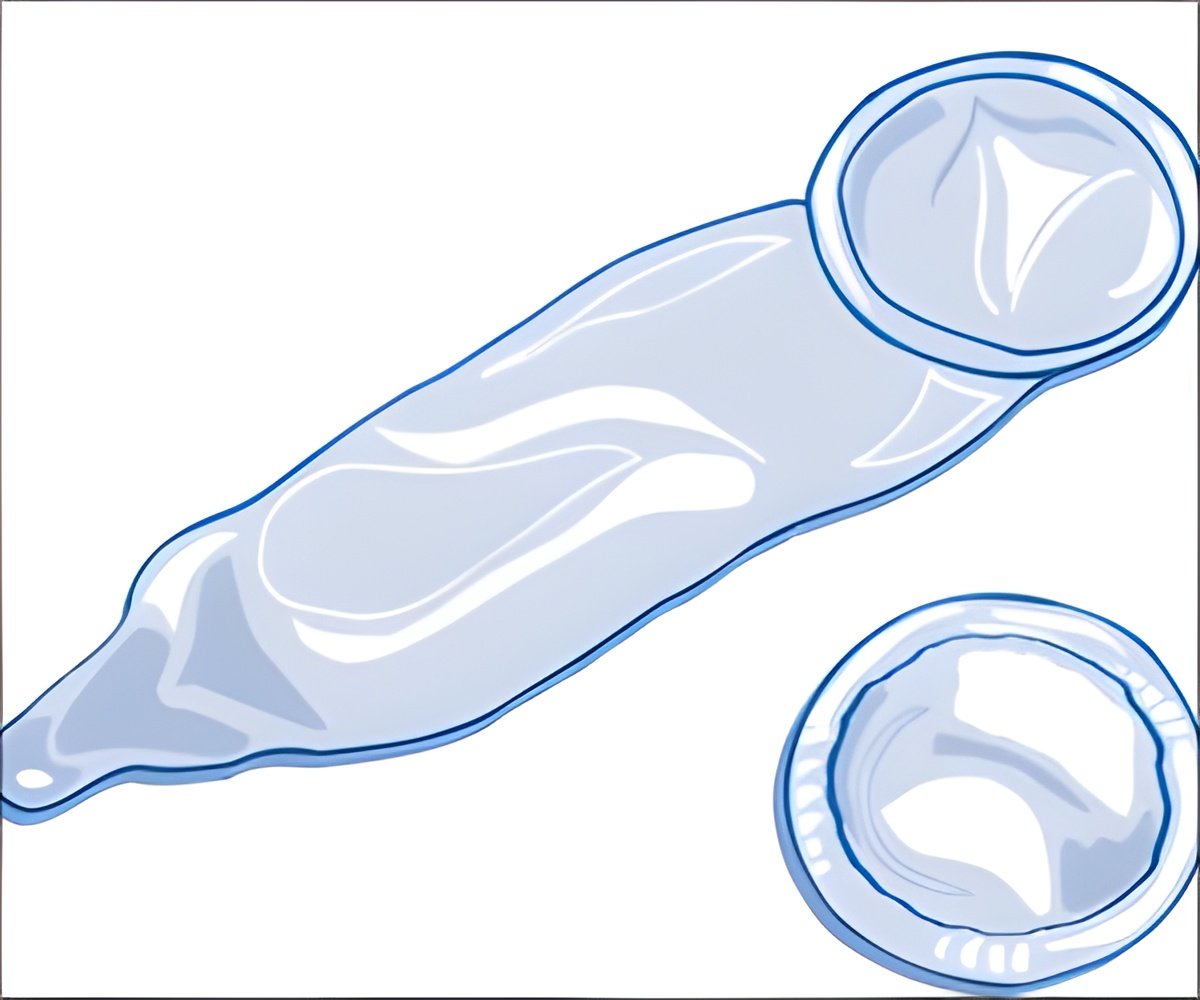Progress is being made on developing a next-generation ultra-thin, skin-like condoms that could offer better sexual pleasure and help population control, says Bill Gates.

It looks like "there are some technological materials that will be able to maintain a (condom) barrier with a very thin, thin material", Gates said in New Delhi.
Gates, who was speaking at a question-and-answer session with his wife Melinda, said the foundation received a lot of proposals from inventors to its "Grand Challenges" programme aimed at improving lives of the poorest.
The Seattle-based foundation has given one grant of $100,000 to the University of Manchester to research a condom using a super-light conducive material known as graphene.
Another $100,000 grant has gone to the University of Oregon for a proposal to create a polyurethane condom that would create a seal around the penis and be less than half the thickness of the best condoms available now.
Scientists say they want to achieve a super-strength thin membrane for a condom to achieve what they call a "barely-there" feel. Men often say they are reluctant to use condoms because they decrease sexual pleasure.
The aim would be to encourage more couples to use condoms, preventing pregnancy and helping avert the spread of sexually transmitted illnesses such as HIV.
The foundation has said it could provide further funding of up to $1 million to develop a condom that would "enhance the pleasure so as to increase uptake".
Gates said first-world investors have little interest in developing medicines to combat such illnesses as malaria and tuberculosis as they are not prevalent in wealthy countries.
However, "there could be a market for this (thin condom) among well-off nations, which doesn't happen with a lot of innovations," he said.
- 'Put family planning in hands of women' -
Gates' wife, Melinda, told the same forum the foundation was also investing in developing a lozenge-like contraceptive tablet that would be placed in the vagina, and which "could put family planning in the hands of women".
Gates, who this month announced a $50-million investment to fight West Africa's devastating Ebola outbreak, said he was "very optimistic, very impatient" about achieving the goals of the foundation the couple founded in 2000.
The tech guru said he was encouraged by promises by India's new right-wing government, to reduce high child and maternal mortality and improve sanitation.
Premier Narendra Modi has said by 2022, no Indian should be without a toilet or clean water.
India accounts for 60 percent of the world's population with no toilets, according to the World Health Organisation, creating sanitation problems that cause early deaths, hike health-care costs and lower productivity as people fall sick from disease.
"Great goals have been set," but the government faces tough choices to meet its social commitments while balancing stretched public finances, Gates said.
Source-AFP















